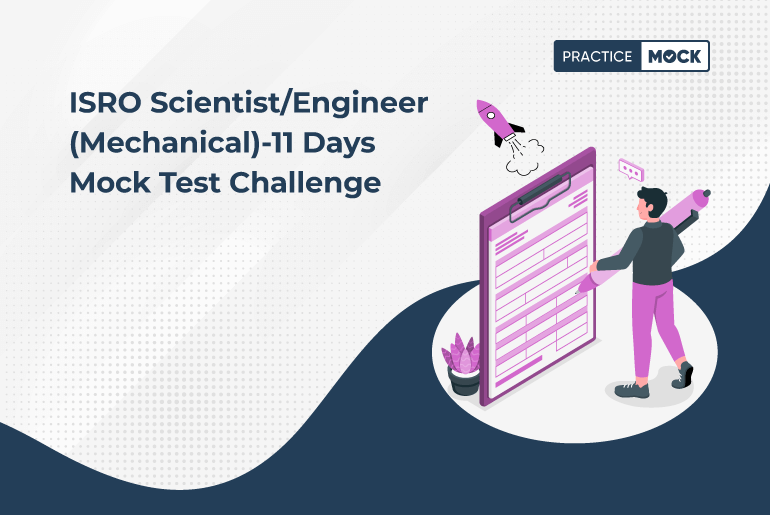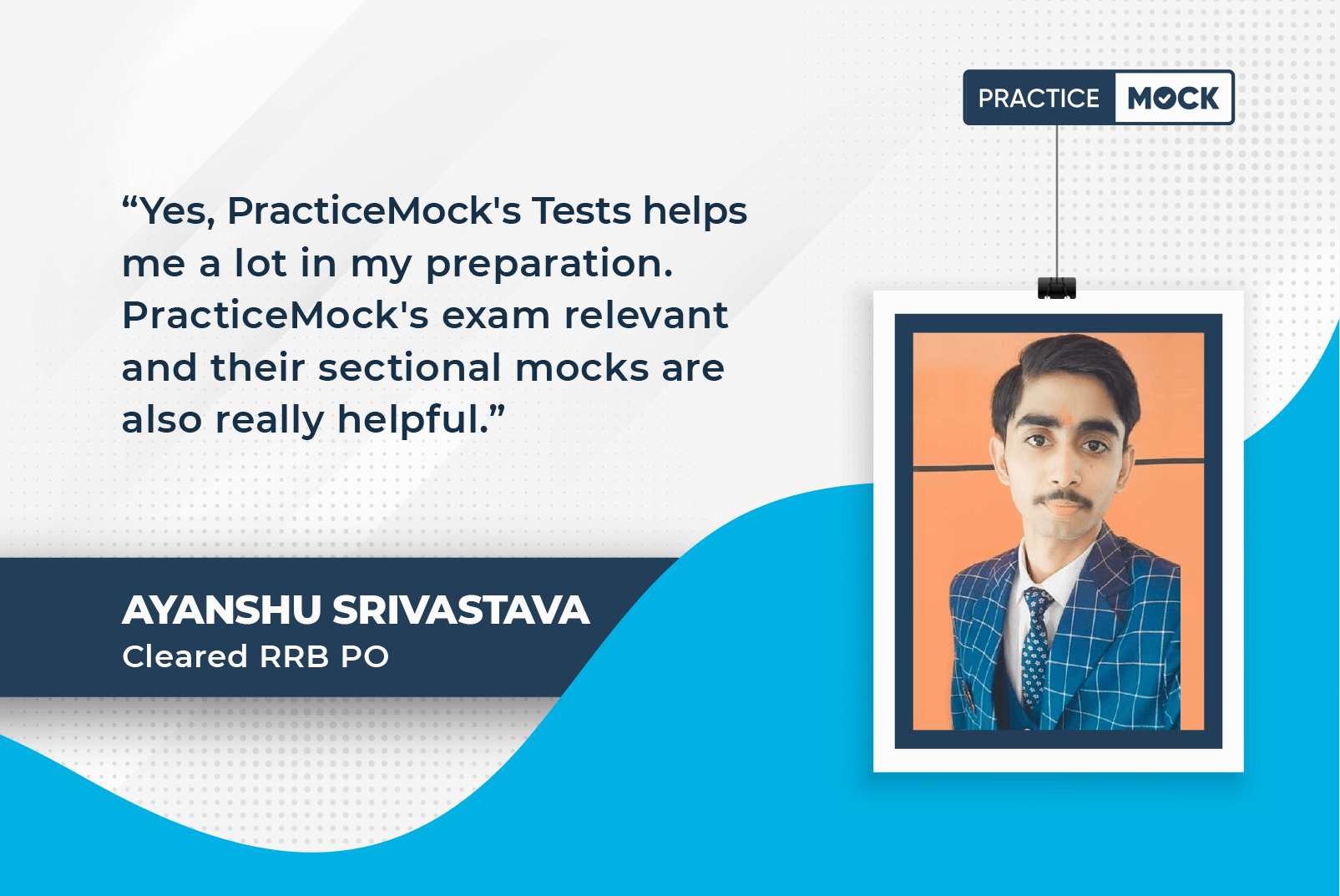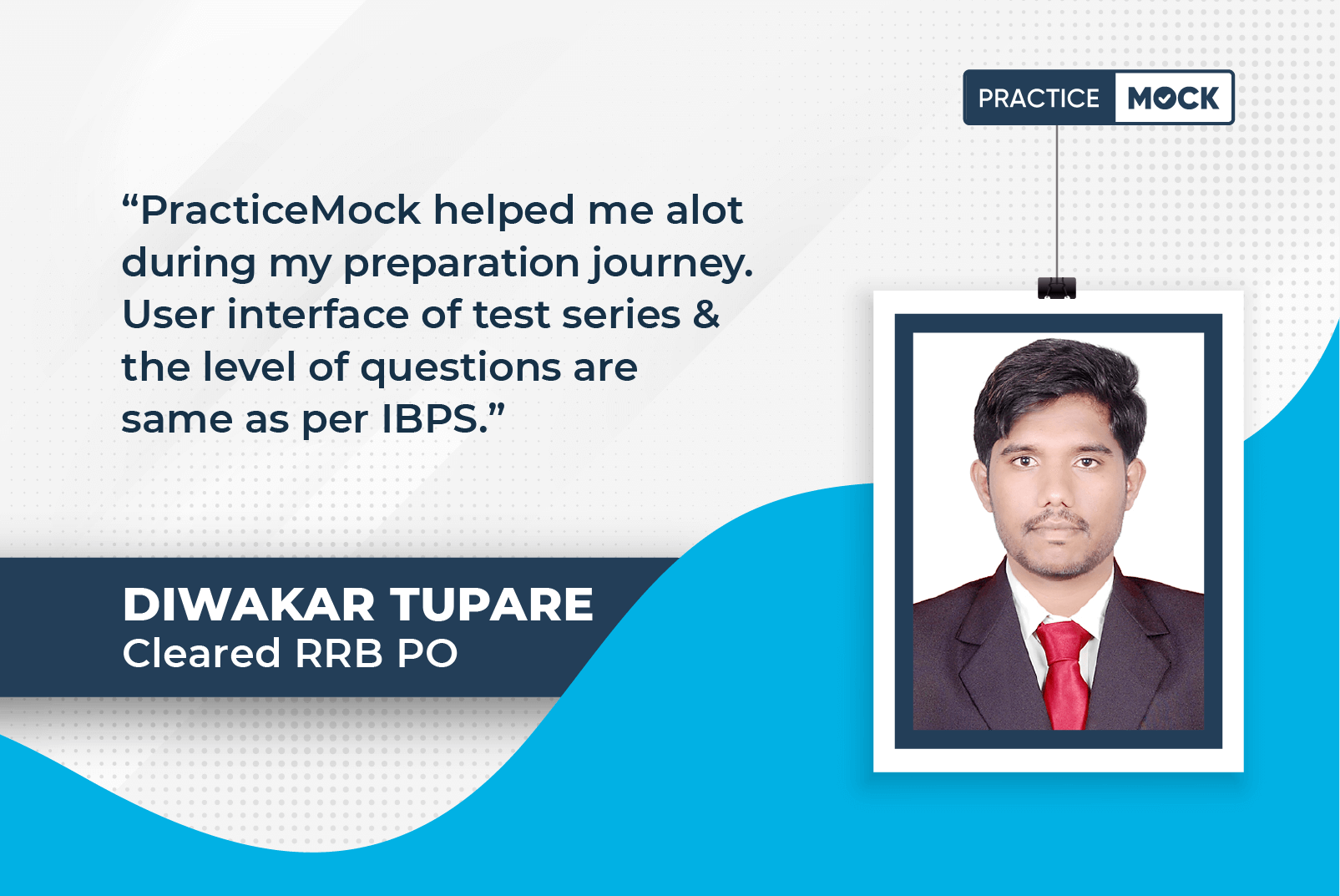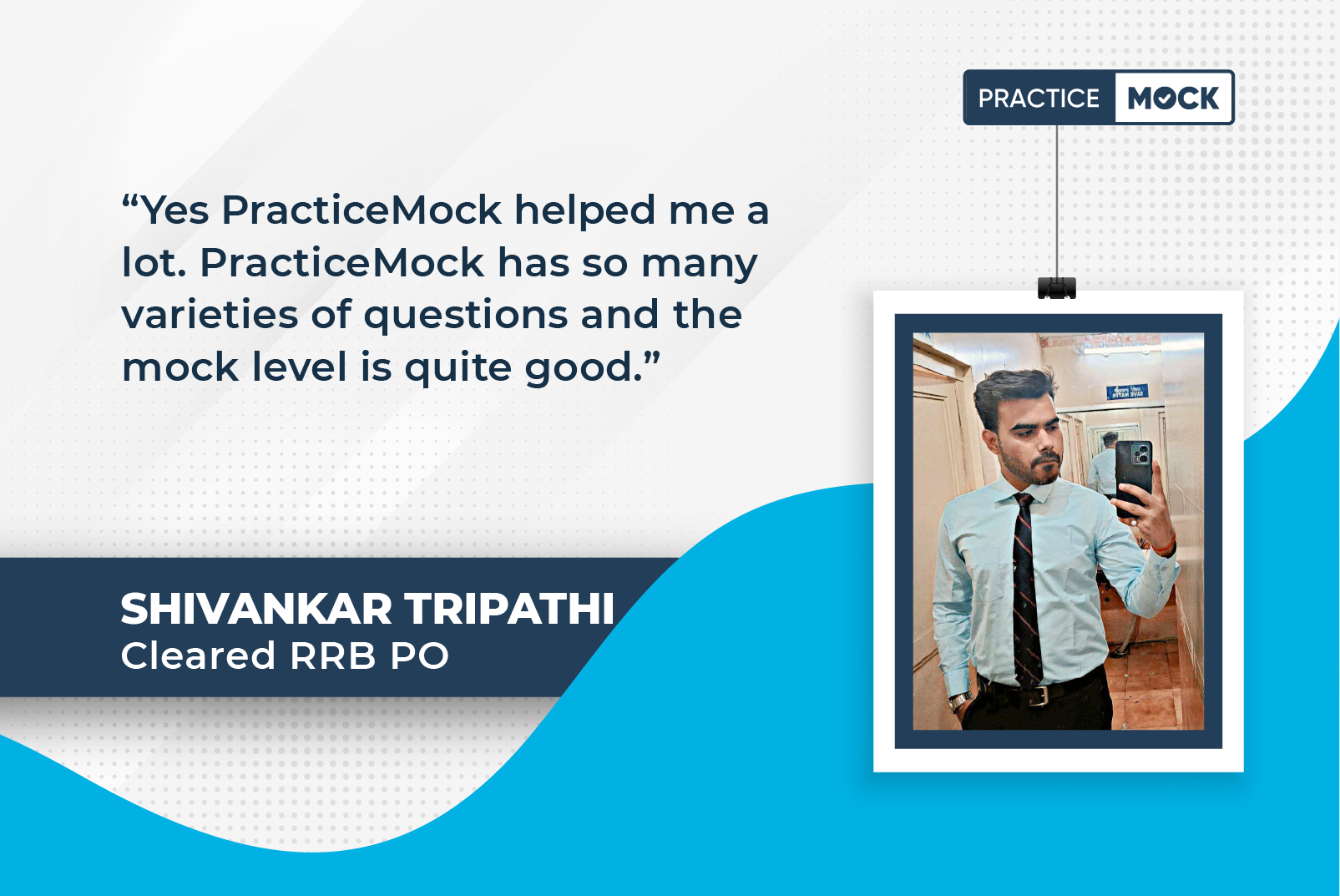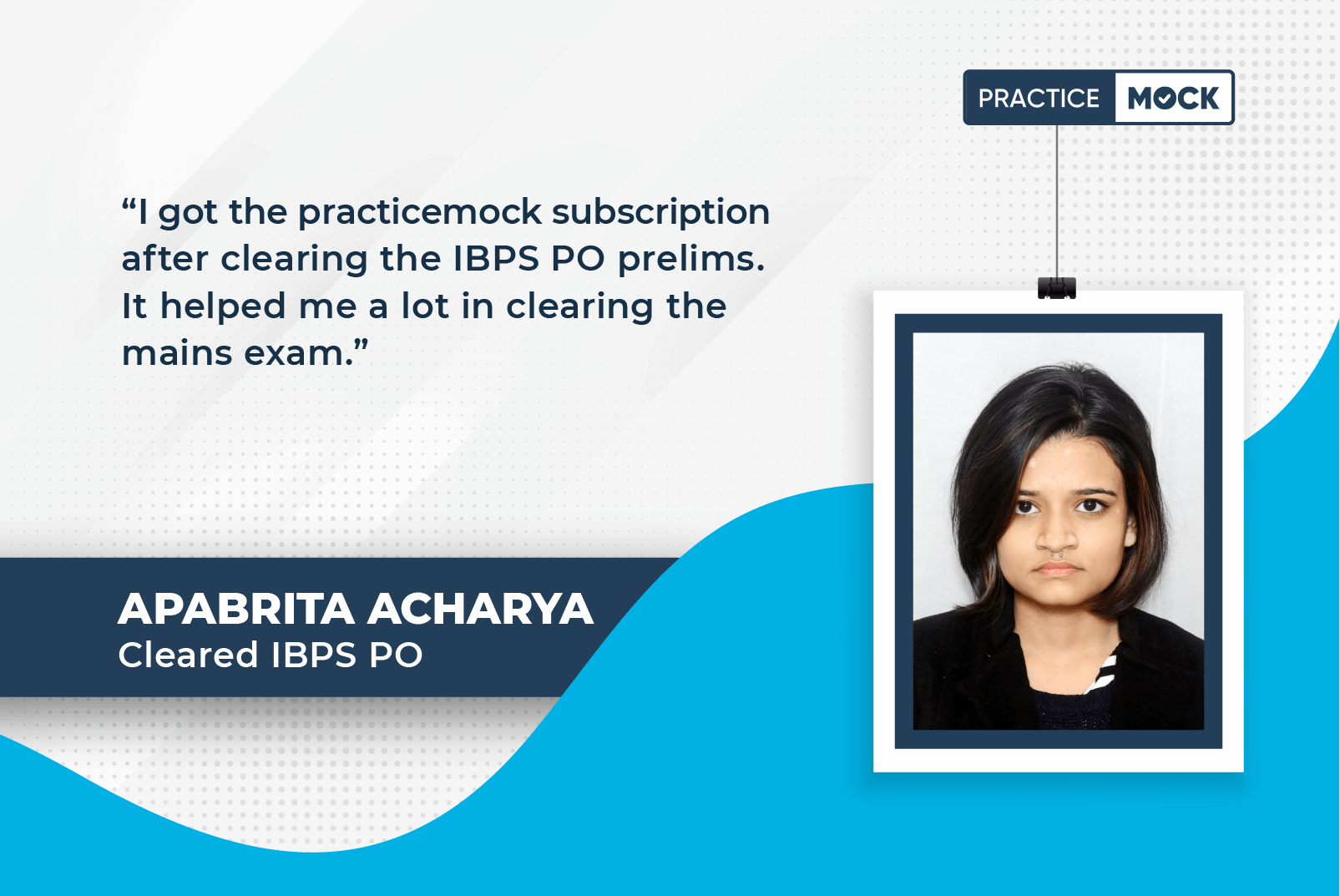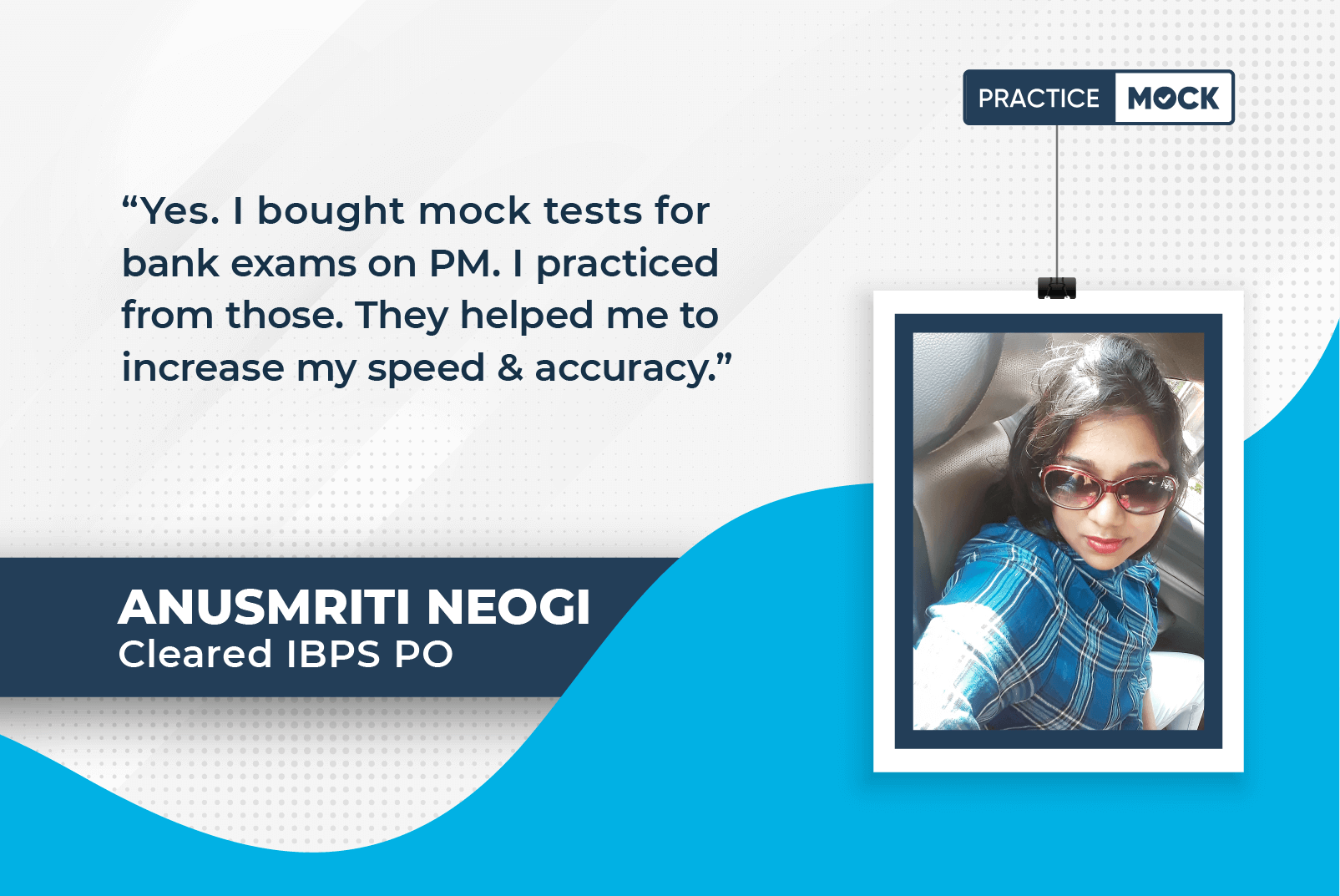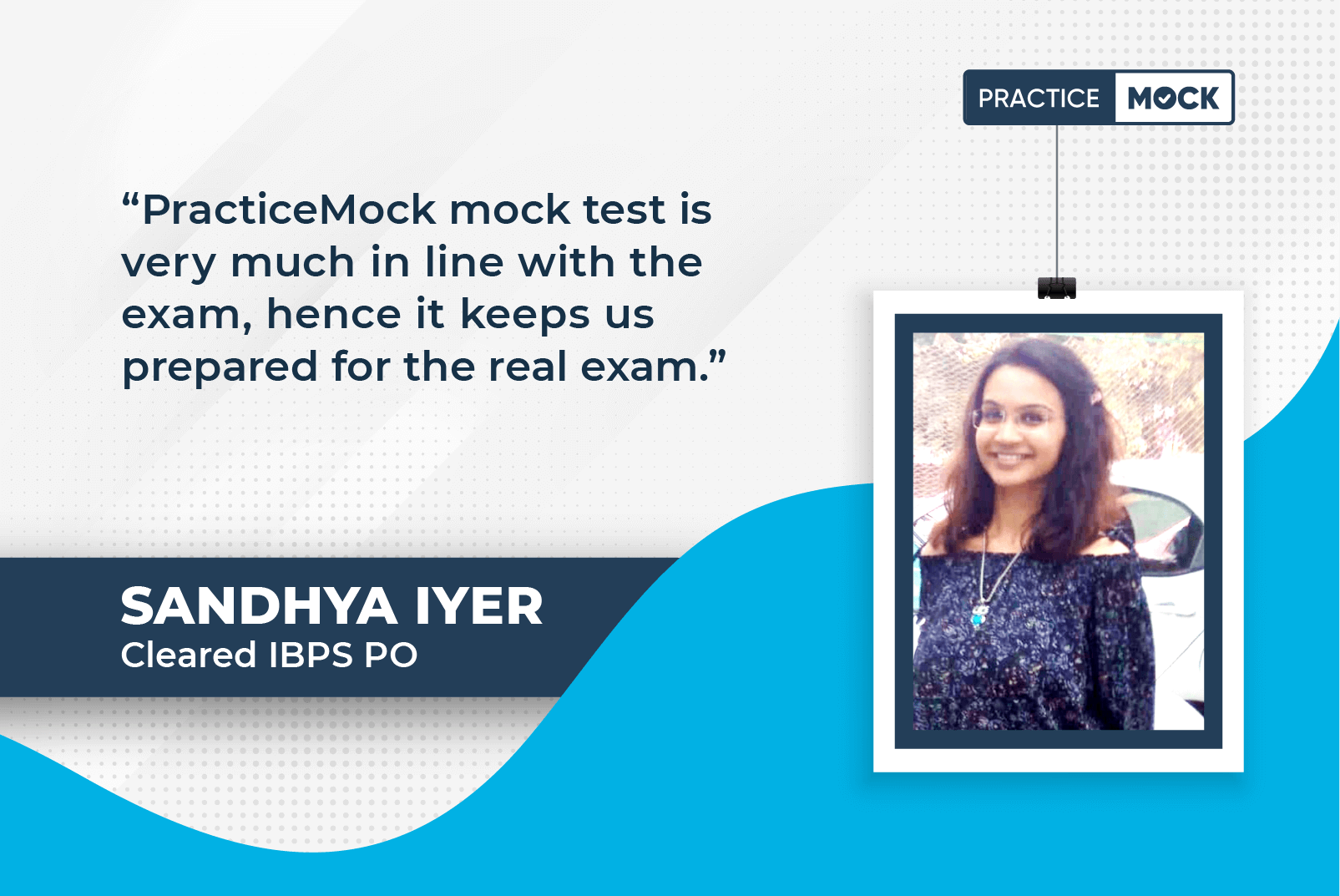The ISRO Exam 2023 is ready to blast off on December 17, 2023, testing your knowledge and skills to the limit. Are you ready to launch into this challenge? Remember, a stellar performance will secure your spot in ISRO, the nation’s prestigious space agency. So, if you dream of launching rockets and satellites into the great beyond, don’t let anything hold you back.
With your sights set on the stars, we’ve crafted an 11-day Mock Test Challenge to help you cover all the essential topics and ace the exam with flying colors. Time is of the essence, so start your countdown today and avoid any missteps on the big day. Ready for liftoff?
Here’s our 11-day Mock Test Challenge – your express ticket to conquering the ISRO exam syllabus at warp speed.
ISRO Scientist/Engineer Exam Pattern 2023
The ISRO Scientist/Engineer exam has two stages: a written test of 95 objective questions (80 specific and 15 general) and an interview of 100 marks. You need 60% marks in the written test to qualify for the interview. The final selection is based on the combined marks of both stages. The exam checks your knowledge, skills, and aptitude in space science and engineering.
| Phases | Paper | Questions | Time |
| I | Written Test Part A: Specific Discipline | 80 | Time Duration: 120 minutes (2 Hours) |
| II | Written Test Part B: General Aptitude | 15 |
Click Here to Take a FREE Mock Test Now!

ISRO Scientist/Engineer (Mechanical)-20 Days Mock Test Challenge
Here is a 12 Days Study Plan for ISRO Scientist/Engineer (Mechanical) 2023. You can adjust it according to your preferences and availability. The table shows the topics to cover each day and the number of hours to spend on them.
| Day | Topics |
|---|---|
| 1 | Start by taking a FREE ISRO Scientist/Engineer (Mechanical) Mock Test  Go through PYQs. Fluid Mechanics: Fluid properties; fluid statics, manometry, buoyancy, forces on submerged bodies, stability of floating bodies; differential equations of continuity and momentum; control-volume analysis of mass, momentum and energy; fluid acceleration. Turbomachinery: Impulse and reaction principles, velocity diagrams, Pelton-wheel, Francis and Kaplan turbines. |
| 2 | Thermodynamics: Thermodynamic systems and processes; zeroth and first laws of thermodynamics, calculation of work and heat in various processes; properties of pure substances, behaviour of ideal and real gases. |
| 3 | Thermodynamics Applications:– Power Plant Engineering: Air and gas compressors; vapour and gas power cycles, concepts of regeneration and reheat, Boilers, Steam Nozzel, Steam Turbine, Steam Powerplant. I.C. Engines: Air-standard Otto, Diesel and dual cycles, Engine Cooling and Lubrication, IC Engine Performance and Testing. Refrigeration and air-conditioning: Vapour and gas refrigeration and heat pump cycles; properties of moist air, psychrometric chart, basic psychrometric processes. |
| 4 | Take ISRO Scientist/Engineer (Mechanical) Mock Test 2 + Complete Analysis & Feedback  Vibrations: Free and forced vibration of single degree of freedom systems, effect of damping; vibration isolation; resonance; critical speeds of shafts. |
| 5 | Design: Design for static and dynamic loading; failure theories; fatigue strength and the S-N diagram; principles of the design of machine elements such as bolted, riveted and welded joints; shafts, gears, rolling and sliding contact bearings, brakes and clutches, springs. |
| 6 | Engineering Mechanics: Free-body diagrams and equilibrium; friction and its applications; trusses and frames; virtual work; kinematics and dynamics of rigid bodies in plane motion. |
| 7 | Strength of Materials: Stress and strain, elastic constants, Poisson’s ratio; shear force and bending moment diagrams;; Mohr’s circle for plane stress and plane strain; thin cylinders; bending and shear stresses; deflection of beams; torsion of circular shafts. |
| 8 | Take ISRO Scientist/Engineer (Mechanical) Mock Test 3 + Complete Analysis & Feedback  |
| 9 | Theory of Machines: Displacement, velocity and acceleration analysis of plane mechanisms; dynamic analysis of linkages; cams; gears and gear trains; flywheels and governors; balancing of reciprocating and rotating masses. |
| 10 | Engineering Materials: Structure and properties of engineering materials, and stress-strain diagrams for engineering materials, phase diagrams, heat treatment. Casting, Forming and Joining Processes: Different types of castings, design of patterns, moulds and cores; solidification and cooling; riser and gating design. Plastic deformation and yield criteria; fundamentals of hot and cold working processes. Take ISRO Scientist/Engineer (Mechanical) Mock Test 3 + Complete Analysis & Feedback   |
| 11 | Machining Processes: Basic machine tools (lathe, drilling machine etc.), machining operations (turning, facing etc.), geometry of single point cutting tools (ASA system), cutting fluids/lubricants etc., tool life & wear mechanisms (Taylor’s equation), economics of machining (cutting speed/feed/depth etc.). Metrology & Inspection: Limits/fits/tolerances (IS codes), screw thread measurement (pitch diameter/effective diameter etc.), linear/angular measurements (vernier/micrometer etc.), comparators (mechanical/pneumatic/electrical etc.), surface finish measurement (profilometer etc.). Computer Integrated Manufacturing: Basic concepts of CAD/CAM/CAE/CIM/FMS/CNC/Robotics etc., additive manufacturing techniques (3D printing etc.). |
Take a Free ISRO Scientist/Engineer (Mechanical) 2023 Mock Test!
ISRO Scientist/Engineer (Mechanical)-Tips to make the most of 11 Days Mock Test Challenge
Here are some tips that can help you prepare for the ISRO Scientist/Engineer Exam 2023 in punchy language:
- Understand the Exam Pattern: Know the format of the test, including the number of questions and how they will be graded.
- Syllabus Analysis: Read the ISRO material for the scientist test very carefully.
- Develop a Study Plan: Create a study plan that includes all the topics that you need to cover before the exam.
- Gather Study Material: Collect all the study material that you need for your preparation.
- Focus on Fundamentals: Focus on building your fundamentals in each subject.
- Practice Previous Years’ Question Papers: Solve previous years’ question papers to get an idea of the type of questions asked in the exam.
- Mock Tests and Online Practice: Take mock tests and practice online to improve your speed and accuracy.
- Revision and Time Management: Revise all the topics that you have covered before the exam. Manage your time effectively during the exam.
Free Mock Test
You can also grab a free mock test to assess your preparation level and identify areas where you need improvement. The best benefit of taking a free mock test is that it helps you identify your strengths and weaknesses so that you can focus on improving your performance.
What Winners Say About PM’s Mock Tests?
Study Hard & Succeed!
- Sign Up on Practicemock for Updated Current Affairs, Free Topic Tests and Free Mini Mocks
- Sign Up Here to Download Free Study Material
Free Mock Tests for the Upcoming Exams
- IBPS PO Free Mock Test
- RBI Grade B Free Mock Test
- IBPS SO Free Mock Test
- NABARD Grade A Free Mock Test
- SSC CGL Free Mock Test
- IBPS Clerk Free Mock Test
- IBPS RRB PO Free Mock Test
- IBPS RRB Clerk Free Mock Test
- RRB NTPC Free Mock Test
- SSC MTS Free Mock Test
- SSC Strenographer Free Mock Test
- GATE Mechanical Free Mock Test
- GATE Civil Free Mock Test
- RRB ALP Free Mock Test
- SSC CPO Free Mock Test
- AFCAT Free Mock Test
- SEBI Grade A Free Mock Test
- IFSCA Grade A Free Mock Test
- RRB JE Free Mock Test
- Free Banking Live Test
- Free SSC Live Test


